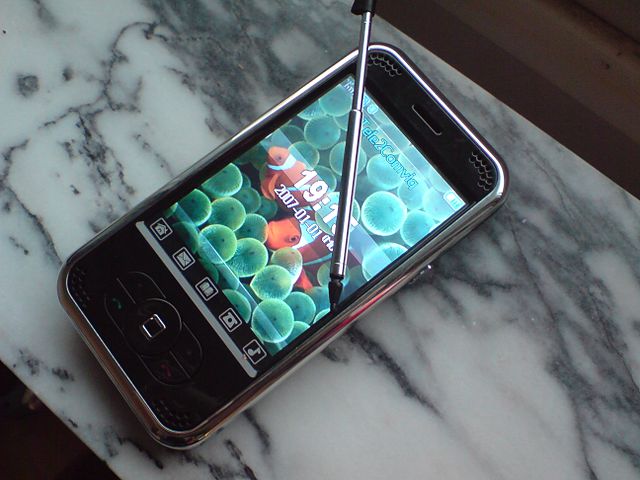
Stormy Clouds: Should Tech Companies Partner with NSA?
October 2, 2013
Top 5 Reasons to Deploy Mobile Device Management Tools
October 4, 2013More and more of us rely on our smart-phones for things like email, downloads etc. But how many of us actually secure our devices?
More and more people are using their phones to access the web. With all the recent phone tapping revelations that have hit headlines, you could well be forgiven for wondering if any of your private data is secure.
Mobile phones are playing an increasingly important role in our lives; much of our most personal and sensitive information is now stored in their memories.
How secure is the data you have stored on your phone and could it be targeted by a third party looking to cause you harm?
Passwords
One of the most common mistakes that people make is to keep the default password that comes with the phone. The chances are that a lot of people will know or have access to these passwords, so always change it as soon as you have set up your new handset.
To further protect your phone you can add a PIN to your SIM card. This means that if your phone does get stolen the thieves won’t be able to access the information stored on it.
Automatic Lock
An automatic lock means that if your phone is not used for a minute or two the keypad will lock automatically. To unlock the phone a password or PIN number will need to be entered, preventing opportunistic thieves from getting their hands on your info.
Anti-virus software
With many people now using their phones to access the internet on a regular basis, you need to consider protecting your phone from online viruses just like you would your computer.There are various anti-virus software protection programs on the market, so invest in a good one and feel more confident as you surf the web.
Do Not Download Questionable Content
Many viruses get into your system when you download content online. Only download apps, data and programs from trusted sites. If you are downloading anything from the web, pay attention as you can be diverted or redirected to third party sites that are not trustworthy.
Watch out for Unsecured WIFI
Rogue WIFI connections can leave your data incredibly vulnerable to intrusion. Thieves set up a mobile WIFI hub and then wait for a passersby to log on to the network.
While they are logged on thieves can use the network to access data stored on the phone, stealing anything useful that they find. Avoid this scam by only using trusted networks and those that have secure passwords.
Encryption
If someone does get their hands on your phone, there is a chance they will be able to access the data stored on it. To prevent this from happening you can buy a program that encrypts all the data stored on your device. Some phones have an encryption program built in – making it especially easy to protect your info.
Recycling or Selling your Old Phone
When people get a new phone, most people tend to either recycle or sell their old handset. Though there is no real problem with this, it is important to ensure that all of your personal data has been removed. Everything from the contact details to the photos need to be wiped and any saved passwords should be return to factory settings.
It is also a good idea to erase all of your internet history so that your online life is kept secure. Mobile phone data is vulnerable to attack and intrusion, so keeping your information safe is vital. Most of these measures are fairly obvious, so don’t let yourself become a victim of mobile phone crime; take the time to keep your info safe.
About the author: This post was written by Aaron Hopkins on behalf of Cheeky Munkey IT Support – a team that has a passion for all areas of security and support.


